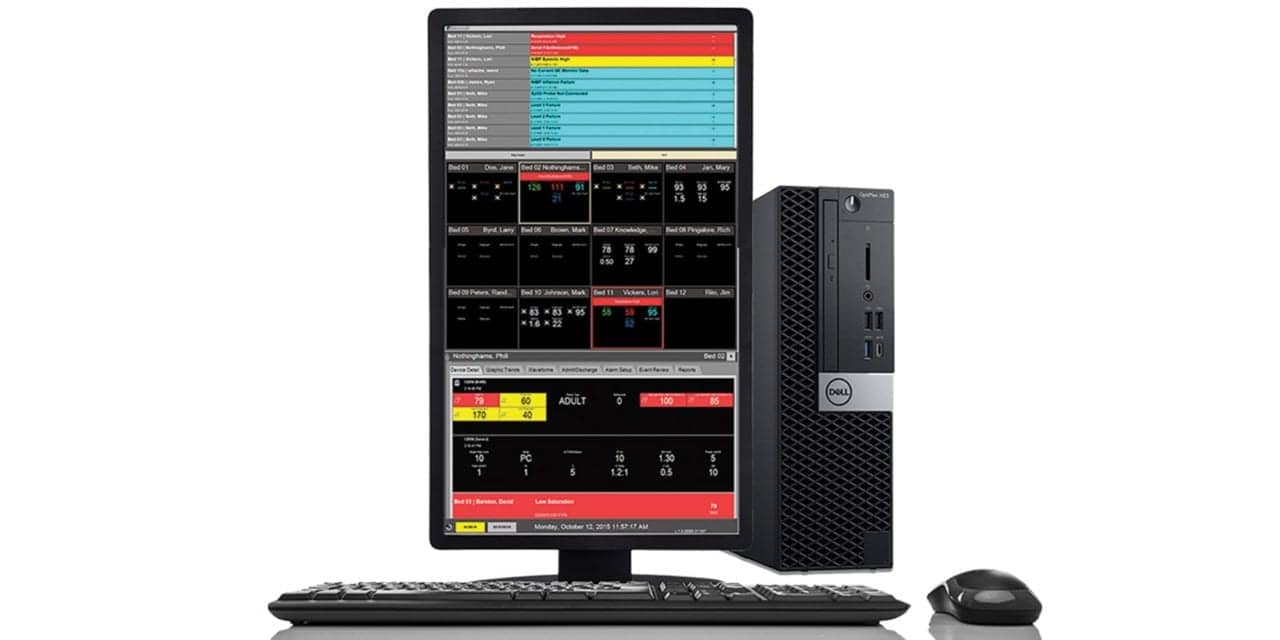Capsule Technologies can now deliver tele-critical care and remote patient monitoring to hospitalized members of the US Armed Forces after the company received an Authority to Operate (ATO) declaration from the Defense Health Agency (DHA). The DHA is a joint, integrated combat support agency that manages healthcare delivery for active-duty armed forces personnel in both peacetime and wartime.
Per the ATO certificate, Capsule’s medical device connectivity and clinical surveillance solutions will be deployed on DHA’s Medical Community of Interest (MedCOI) network, a global, purpose-built virtual private network where Military Health System (MHS) applications are hosted and accessed by over 116,000 users, serving more than 9.5 million beneficiaries. Specialists practicing in MHS hospitals will collaborate with clinicians located in other facilities to manage critical care patients.
The first phase of the Capsule deployment on MedCOI will be to support remote monitoring and tele-critical care across the entire Defense Health Agency worldwide, with significant expansion plans. Capsule’s technology will be used to capture and analyze live, streaming data from patients’ critical care monitoring and therapy devices to support clinical decision making.
Earning the ATO was a comprehensive, multi-phase process originally initiated by Bernoulli Health before Capsule acquired the company in 2019. The phases included several levels of agency reviews, testing and stringent security assessments. To manage the ATO process and on-going requirements, Capsule has partnered with Mission First Solutions for its decades of experience helping IT companies to meet the requirements of federal and state government contracts.
“We are proud to serve the brave men and women of the American Armed Forces and honored to be supporting their physicians and other clinicians delivering the safest, highest-quality care,” said Hemant Goel, chief executive officer of Capsule Technologies. “Earning this ATO is a testament to the security rigor, scalability and robustness of our technology. We look forward to humbly serving US troops and the clinicians caring for them to achieve the best possible outcome for those who sacrifice so much for the benefit of so many.”










